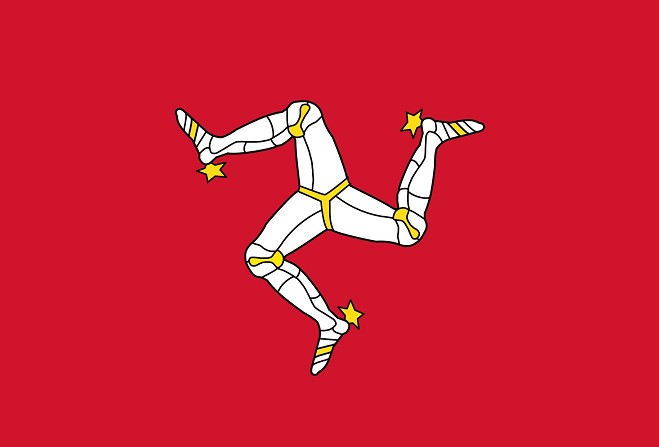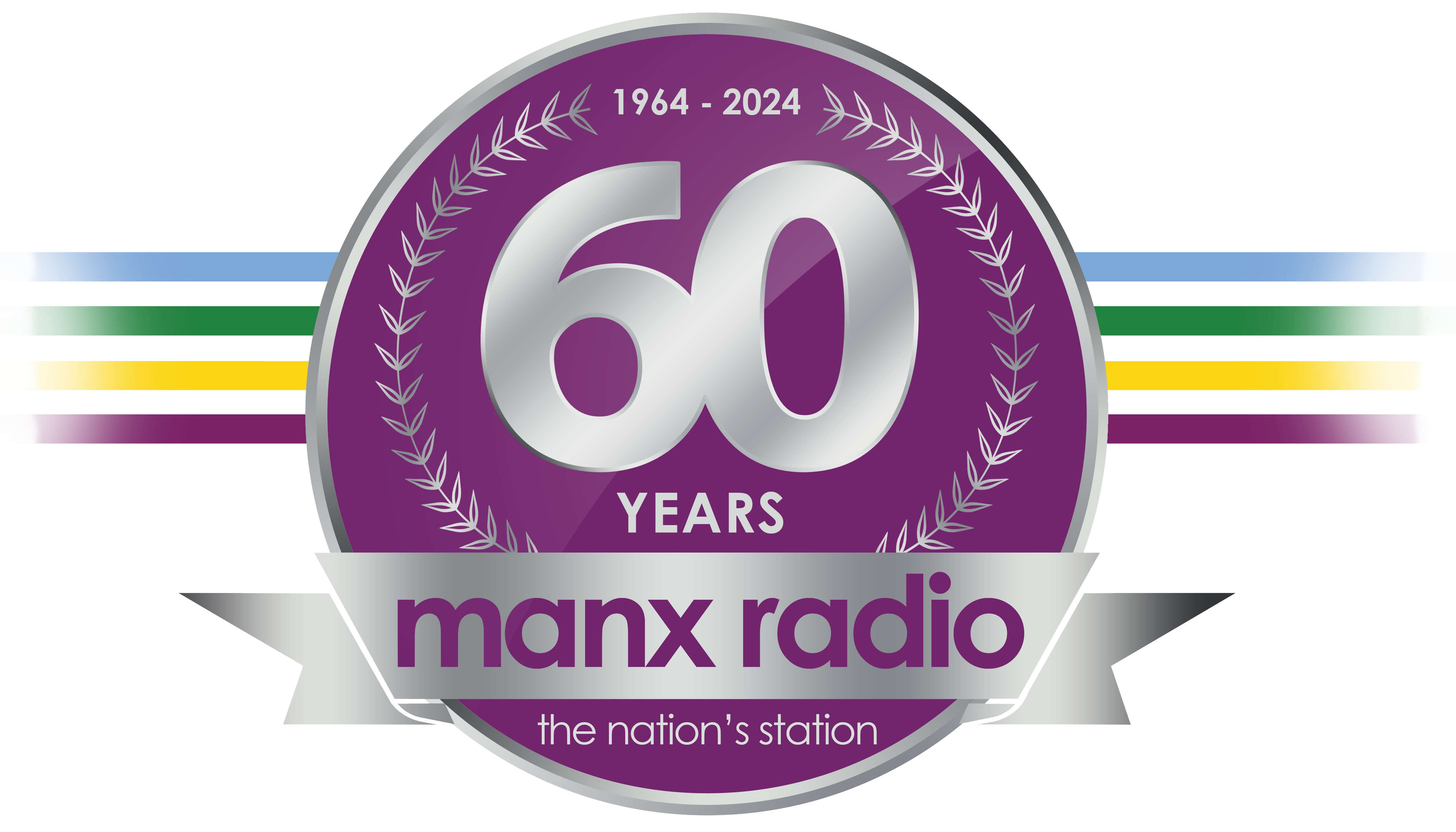
Analysis of issues at stake for Mann
The polls have closed in the 2017 UK general election. The first results will be coming through from around midnight. In what areas could the outcome of the UK general election affect the Island?
Arguably, most important is what kind of Brexit deal would be sought by the post-election UK government – that could severely affect the Island depending on what’s decided.
All other concerns are related to Brexit as the UK is basically reimaging itself, but certainly changes to taxation and attitudes towards off-shore tax jurisdictions could play a role.
What would a Conservative win mean for the Isle of Man?
The strength of a Tory victory, if that’s what happens, may affect how the UK goes about leaving the European Union. The Isle of Man’s relationship with the EU exists through the UK, so whatever they do, we must follow suit, unless we change our constitutional arrangements, which is unlikely to happen.
So a strong majority for the Conservatives would mean the pursuit of a hard Brexit – that means leaving the single market and the customs union, whilst re-negotiating a trade deal with the entire EU.
In leaving the single market and the customs union it’s likely tariffs will be introduced on certain goods.
We export agricultural produces and manufacturing products to the E.U. including beef and lamb exports, as well as crucially our shellfish. The fishing industry here relies heavily on these exports and may struggle if barriers are introduced.
Trading with the EU will be more difficult for Island businesses – we will have to accept any tariffs set for imports set by the UK, as we’re part of the same customs union.
The British Prime Minister has however written to the Chief Minister pledging to take the Island’s interests into account.
Don’t the Conservatives want some kind of deal though?
Well perhaps not. A much uttered mantra by Theresa May is ‘No deal is better than a bad deal’. Now this is where things could get worrying for the Isle of Man.
Earlier in the year the Prime Minister had said if the UK couldn’t get what it wanted from the Brexit negotiations the British government would set ‘competitive tax rates’ to attract the world’s best companies.
Reading between the lines, this could mean a ‘Singapore style’ economic model, with zero rates of tax to attract businesses and foreign direct investment - sound familiar?
Whether this was just a threat or a credible Plan B remains to be seen, but this would threaten the Isle of Man’s economic base as competition for the same business became tougher.
How about Free Trade Deals with the World Trade Organisation? Couldn’t the Island feel the benefit of those?
In a ‘no deal’ scenario for the UK, the World Trade Organisation would automatically apply its schedules. These are the rules that set all tariffs and trade arrangements between its members. The Isle of Man is a member of the WTO through the UK so these would apply here.
This may be beneficial for the Isle of Man in the short term as the ‘most-favoured nation’ treatment applies under WTO agreements, meaning countries cannot discriminate between trading partners. This would also give the Island a competitive advantage over Jersey and Guernsey, who aren’t members of the organisation and won’t receive the same treatment.
The Conservatives want to replace their EU trade with deals through other places like Brazil, China and the Middle East – the Island would have to meet certain obligations to benefit from these and wouldn’t be directly represented in negotiations.
What would a Labour success at this election mean?
If Jeremy Corbyn becomes Prime Minister then Labour will look to retain access to the single market and the customs union. However it hasn’t made a strong commitment towards any particular approach.
More seats for the party would mean the Conservatives could face increased pressure to pursue a softer Brexit.
But it’s not all about Brexit, what taxation policies are on the table?
Outside of Brexit negotiations, corporation tax - that’s taxes on a company’s profits - could go up or down depending on the result of the election.
It’s set at 0% on the Isle of Man for all companies except for, in some cases, banks. This is a deliberate attempt to attract businesses to our shores, all part of our low tax economy.
In the UK the same tax is currently at 19% - under a Conservative government that’s due to fall to 17% by 2020, the lowest of any developed economy. Now this might not seem a big threat – but, coupled with other incentives, could take some businesses from the Isle of Man.
Labour however plans to raise the corporation tax to 26% by 2020, which could by contrast send businesses back our way. The tax is by no means a hard and fast barometer of how businesses will behave, but it’s a useful indicator.
What are attitudes like towards low-tax offshore jurisdictions - we regularly seem to be a target?
This is a complicated area where speech doesn’t necessarily align with action.
Labour’s manifesto includes a raft a measures which would see increased public spending, investment and taxation of the wealthiest parts of society. So where is this money going to come from? Now you may have heard the Home secretary Amber Rudd repeatedly alluding in TV debates to the ‘Magic Money Tree’.
Well the Isle of Man, and other off-shore tax jurisdictions could be that magic money tree.
Jeremy Corbyn argued earlier this year that the British government should ‘consider imposing direct order on British overseas territories and crown dependencies to stop them acting as tax havens’.
Labour also says it wants to take on the ‘scourge of tax avoidance’ through a Tax and Transparency Enforcement Programme, and find and close any tax loopholes. It’s hoping this crackdown will pay for many of Labour’s spending promises.
Clearly this could have major implications for the Island.
If no party wins an outright majority and there’s a hung parliament, surely some of the smaller parties could end up helping to form a government? What impact might there many policies have here?
The Scottish National Party and Liberal Democrats, with 63 seats between them in the House of Commons at the moment, could be the parties to do that.
Tim Farron’s party is in favour of a second EU referendum whilst the SNP is keen remain in single market.
Perhaps more significantly, a second referendum on Scottish Independence may throw up some interesting scenarios for the Island. If Nicola Sturgeon guides Scotland to independence, the Manx government would have to forge a new relationship with one of its nearest neighbours. This has implications for fishing, travel, and economic competition.
Outside of Brexit and the economy, what else is there?
Those parties in favour of developing nuclear power, namely the Conservatives, may continue development of the Moorside Power station, a proposed nuclear plant near Sellafield.
Through the shared common travel area, both immigration policy and the rights of EU nationals living in the UK are issues for the Island.
The 2016 IOM census shows 4,184 EU nationals live on Island representing 5% of the total resident population of 83,314. That’s a sizeable chunk - their status post-Brexit is up in the air.
Labour and the Liberal Democrats want their rights to live and work secured, whereas Conservatives have yet to pledge the same. Howard Quayle has said protecting their rights is one of the Manx government’s priorities.
Another of those is the commitment to grow the population by relaxing work permits – so the UK’s immigration policy might affect who can be attracted here.
Conservatives want it reduced to ‘sustainable’ levels, tens rather than hundreds of thousands. Labour wants a new more ‘managed’ system based on work permits, and job availability.
Perhaps it is important to mention that although the Island doesn’t necessarily transplant laws and policies from the UK, what goes on across the water does have an influence.
What’s the Isle of Man government been doing to curry favour with the parties who could be negotiation for our future?
Well to ensure continual representation, Chief Minister Howard Quayle has regularly been to Westminster to press palms and get across the Island’s message. He’s appeared before a committee on the impact of Brexit for the Crown Dependencies.
Mr Quayle has lobbied members of all parties, so all the eggs aren’t in one basket.
It’s difficult to quantify how much of a difference this will make – the UK government will want the best deal for the UK – whether that includes the Isle of Man is hard to say.
A lot of ifs, buts and maybes there. Overall what’s the most crucial for the Island?
It’s all mixed up in Brexit – those negotiations and who is conducting them will dictate how the UK shapes its economy.
As our largest trading partner, and as part of the same customs union, whatever the UK decides to do will undoubtedly have an affect here.
We are subject to the whims of the UK; it takes control of most of our foreign relations, but let us hope our motto, ‘Whichever way you throw me, I will stand’, holds true.


 Seven arrests made as part of King Gaming fraud and money laundering investigation
Seven arrests made as part of King Gaming fraud and money laundering investigation
 Motorists urged to avoid Cooil Road following RTC
Motorists urged to avoid Cooil Road following RTC
 Warning after tea towel tumble dryer fire
Warning after tea towel tumble dryer fire
 Calls for Sarah's Law on Isle of Man
Calls for Sarah's Law on Isle of Man
 Chief minister: "We have a lot to take away" - as CoMin roadshows draw to a close
Chief minister: "We have a lot to take away" - as CoMin roadshows draw to a close
 RTLC defends taxi tariff changes
RTLC defends taxi tariff changes
